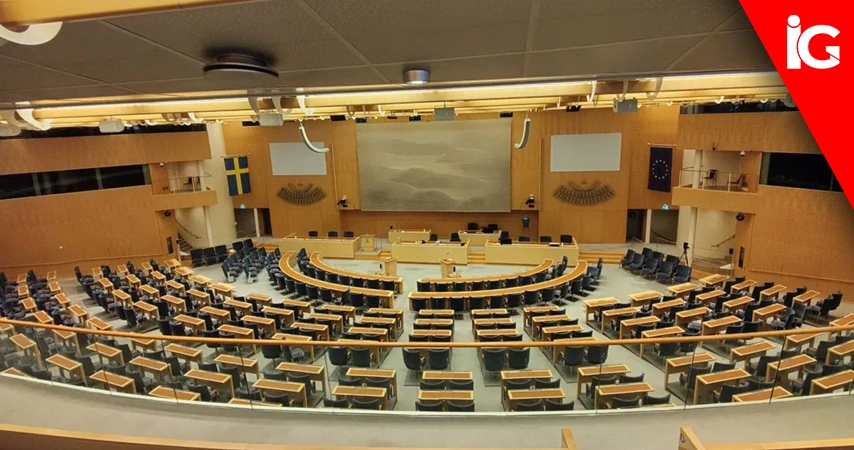Sweden Moves to Ban Credit-Financed Gambling from April 2026

The Swedish government is advancing a significant update to its gambling legislation, proposing a ban on credit-financed gambling set to take effect on 1 April 2026. The Ministry of Finance has submitted a bill to parliament that would extend the existing credit ban, ensuring that licensees and gaming agents cannot allow or contribute to gambling funded by borrowed money.
Under the proposed regulation, operators will be obligated to take proactive measures to prevent credit-financed gambling across all forms of licensed gaming, regardless of delivery method. While Sweden’s current law prohibits operators from directly providing credit, the new legislation expands obligations to include preventing third-party credit usage. This comprehensive approach aims to reduce gambling-related indebtedness and promote responsible gaming practices.
The Swedish Gambling Authority will retain discretion to grant exemptions for operators holding licences for public benefit purposes, offering flexibility where appropriate. In addition, the government is targeting the passive acceptance of Swedish players by unlicensed entities, addressing ongoing concerns around market integrity and player safety.
The proposal comes amid challenges in Sweden’s licensed gambling market, which saw channelisation fall to 85% in 2024. While trade bodies have advocated for relaxing certain restrictions, including bonus limitations, the government remains focused on consumer protection and responsible gambling measures.
If approved by parliament, this legislative amendment will mark a significant step in Sweden’s regulatory landscape, reinforcing the country’s commitment to safeguarding players and ensuring operators maintain high compliance standards. The move aligns with broader European trends in tightening gambling regulations to prevent harm and promote sustainable market growth.







